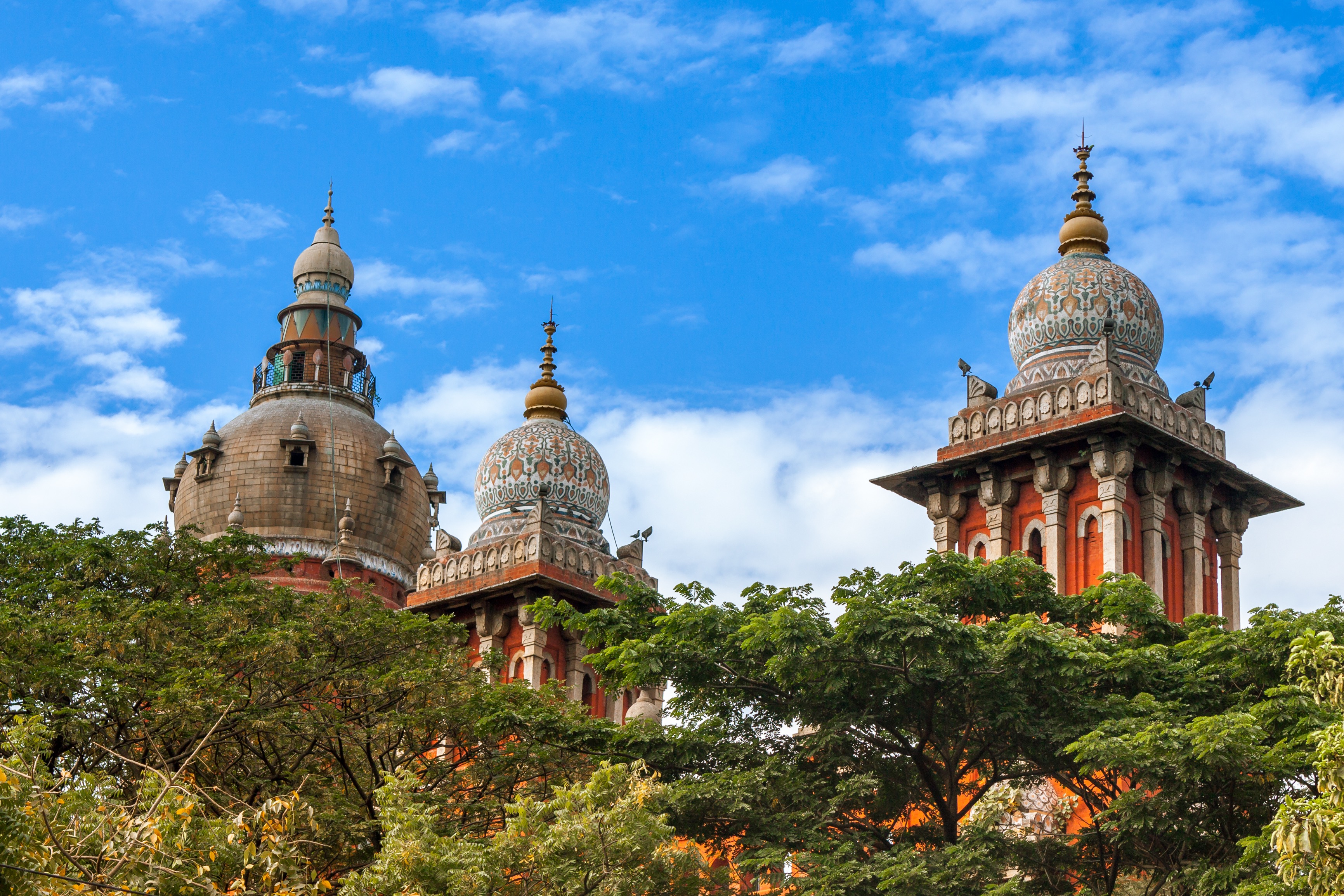A dangerous virus is reason enough to be afraid. It is a different matter, however, when fear is institutionalized, creating invisible limits for everyday speech and action. In India, this happened long before the incursion of the virus, with an increasing number of cases intended to silence dissent and criticism in the guise of various laws, ranging from that against sedition to that against defamation. The Madras High Court has come out against this oppressive practice in strong terms, reportedly saying that paeans to freedom of press are not enough, the higher judiciary has an activist role to rescue it when it is threatened. This is a “duty” the court can never desert. What is heartening is that these remarks were made in the context of a defamation case against a newspaper and two journalists brought by a corporate entity for what it claimed was misreporting. The high court dismissed the case, saying that inaccuracies in reporting cannot be called defamation. Besides, the paper was also willing to print the company’s viewpoint. But most important was the court’s emphasis on the use of criminal defamation proceedings against the media as a “tool of intimidation”. Reports indicate that the court pulled no punches in stating that powerful politicians and corporate entities with deep pockets are the perpetrators, and their arms are so long that media houses with good resources have had to capitulate.
The remarks expose certain alarming realities of this time. It is clear from what the court said that the defamation case against the newspaper also had numerous procedural flaws. This would suggest that such cases, instituted by those with power or their representatives against any individual, group or organization that dissents from, or criticizes, or just questions, the dominant narrative, are almost automatically accepted and smoothly pushed into court. Procedure is unimportant when free speech has to be penalized. People have often looked to the Supreme Court for succour; the Madras High Court’s strong stand shows how important the role of high courts can be in the championing of fundamental rights. The fear that leads to capitulation at multiple levels — it is a chain of silencing — could be lifted to a great extent by support from the higher judiciary. The Madras High Court has shown there is hope yet.

